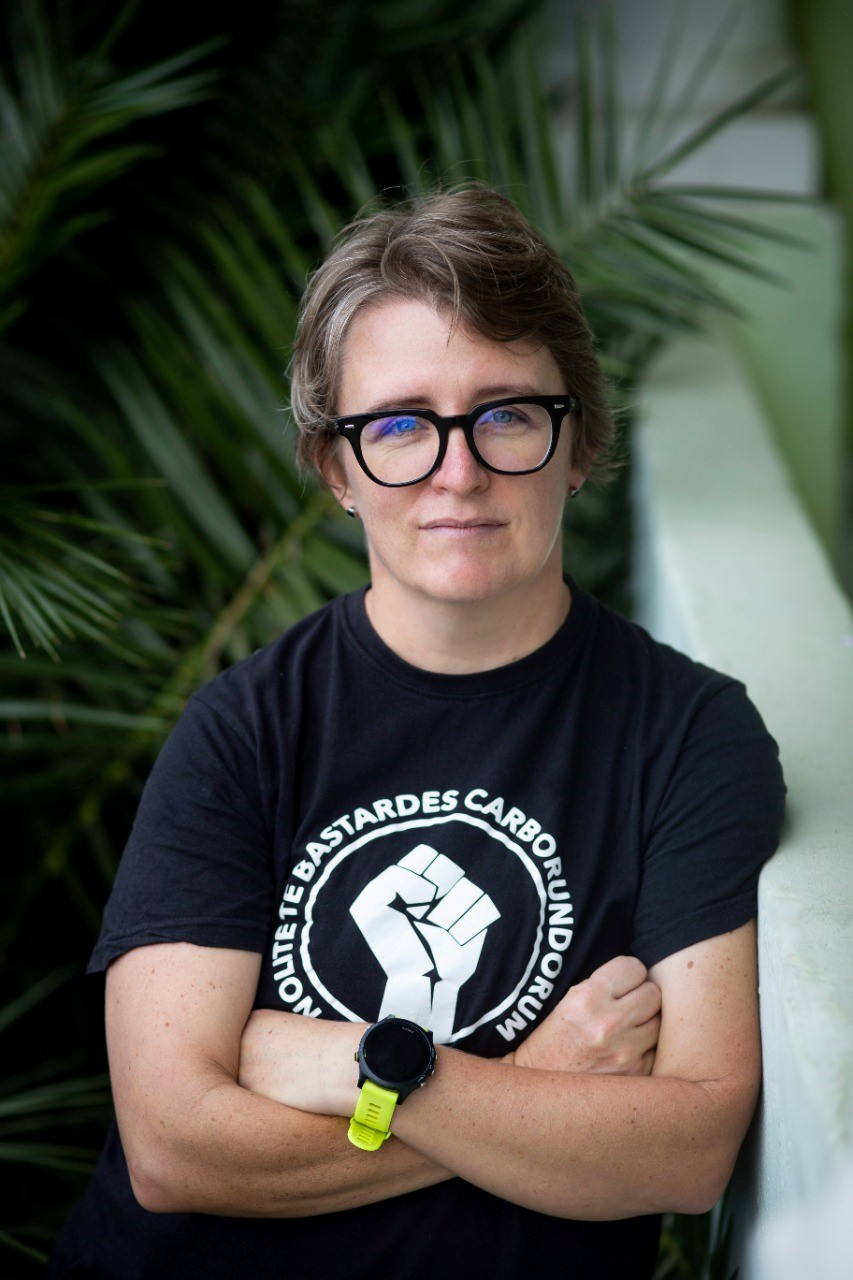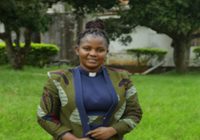
2024 Marks 150 years of the Church of Sweden’s engagement in mission work. This milestone creates space not only for celebration but also for critical reflection and an opportunity to hold the complexity of a ’balance of stories’ as argued for by the African feminist novelist Chimamanda Ngozi Adichie, when she warns against the danger of a single story.[1] Looking back over 150 years of international involvement from a faith perspective holds stories of progress, change, and life, but it also allows us to ask serious questions about power, perspective, and who determines the agenda for initiatives aimed at change and progress.
Support for theological education has always been an important part of the Church of Sweden’s ecumenical commitments in a global context. As part of its mission legacy the Church of Sweden has a longstanding track record of involvement with various Theological Education partners in the Global South and through collaborative strategic projects in partnership with global multilateral ecumenical organizations such as the Lutheran World Federation (LWF) or the World Council of Churches (WCC).
One such recent initiative is support for the Masters Program in Gender, Religion/Theology, and Health that was piloted in the African context in 2013. The initiative was built on the work produced from developed partnerships within the African tertiary Theological Education landscape that enabled the Master’s program to engage HIV/Aids in die African context. The Pilot Project Gender and Health brought together four African tertiary education institutions within the African context namely, Stellenbosch University (SU) and the University of KwaZulu-Natal (UKZN) in South Africa, TUMA University Makumira in Tanzania (TUMA) and the Ethiopian Graduate School of Theology (EGST) in Ethiopia. Each of the four partnering institutions was tasked to develop a context-specific master program exploring the intersection of Gender, Religion/Theology, and Health to ultimately contribute to knowledge production and educational interventions to address Millennial Development Goals 4 and 5 (Child and Mother Mortality.) Ten students per year were selected for the developed program at each of the four institutions. Beyond the academic program, institutions were encouraged to explore contextual partnerships with local faith communities and civil society organizations to develop and enhance deeper contextual analysis of realities situated in the Gender, Religion, and Health intersection and to amplify possible change-making initiatives. One of the key strengths of the original Pilot Project Gender, Religion and Health (2013-2016) was the regular exchange opportunities that existed between the partners involved in the project including formal networking meetings, teacher exchanges, and student exchanges. The project also intentionally stimulated South-South exchanges beyond the African context as Master’s students and educators had the opportunity to engage with counterparts in the Latin American context.
The theory of change conceptualized by the Master’s Program Gender, Religion and Health posits that capacitated faith leaders empowered to engage with embodied contextual realities situated at the intersection of gender, religion, and health function as change agents in local contextual (faith) communities.
The need for faith change agents with life-affirming ideo-theological resources in this landscape is imperative as faith or religious discourse and doctrine are often coopted to keep patriarchal norms intact and to explain why women should remain in the pews and men on the pulpit or why LGBTIQA+ people are considered un-African, un-Christian and even non-human. Patriarchal-informed religious discourse and uncritical appropriations of sacred text have contributed to life-denying realities for women, children, people living with disabilities, queer people, and men who do not conform to the hypermasculine ideal in the African context.
As we collectively look back at 150 years of international faith engagement there is so much that we can celebrate, but there are also important stories from the margin that warrant our collective attention. History is written, but it is also re-written in a contemporary context as the voices of those ’deliberately silenced or preferably unheard’ become audible.[2] As we reflect on 150 years of Swedish mission may we be brave enough to acknowledge the harm that has been done in the name of faith and bold enough to develop and enhance faith resources and actors that could affirm and enable life for the poor, the marginalized, and the disenfranchised.
___

Prof. Charlene van der Walt is the Global Coordinator for Theological Education for Act Church of Sweden and an Honorary Associate Professor in Gender and Religion at the School of Religion, Philosophy, and Classics at the University of KwaZulu-Natal in South Africa. Prof. Van der Walt also remains associated with the changemaking work of the Ujamaa Center for Biblical and Theological Community Development and Research. Charlene’s primary research interests include Queer Theory/Theology, Queer Biblical Hermeneutics, LGBTIQA+ activism and changemaking, Contextual Bible Study, and emerging- experimental pedagogies in the study of Religion and Theology.
[1] Chimamanda Ngozi Adichie: The danger of a single story | TED (youtube.com)
[2] Roy A. (2004) Peace & the new corporate liberation theology [2004 City of Sydney Peace Prize Lecture]. Available at: https://sydneypeacefoundation.org.au/wp-content/uploads/2012/02/2004-SPP_-Arundhati-Roy.pdf




